By Holland Cooke
Consultant
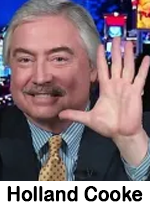 I am always impressed when I see-and-hear radio and TV stations swapping product.
I am always impressed when I see-and-hear radio and TV stations swapping product.
— The most obvious asset is weather. Many radio stations’ forecasts are voiced by local television meteorologists, often gratis because their boss assigned them to, as part of an information alliance. So, the radio station’s weather cred’ stands on the broad shoulders of the weather brand the TV station promotes so relentlessly.
— For some news/talk stations, simulcasting a television newscast is the only way they can air local news in the afternoon. Turn lemons into lemonade. Radio people who love to hate TV audio under-estimate how loyal viewers are; and how conspicuous and convenient this can make the radio station.
— Especially if the deal includes promos – on both stations – voiced by trusted local TV anchors, offering that “If you can’t be home in time to SEE us, you can HEAR us…”
— In every market where we have executed this strategy, the TV talent has remarked about how many compliments they get for being on radio.
— Deal point: During simulcast newscasts, the TV station supers “Heard live on WXXX 8:50 AM.”
How’s THIS for resourceful?
— A radio station’s afternoon drive newscast consists of a 60-second live shot (or prerecorded live-on-tape) from a local TV newsroom, voiced by the TV anchor who ticks-off “the stories we’re following” that will be seen on evening newscasts.
— The radio station wraps it into a four-minute package, including:
— that live headline package, at the end of which
— the TV anchor hands off to radio’s traffic reporter, then…
— the traffic reporter teases weather into a radio spot, and…
— after the commercial, the weather comes on.
— And here’s the kicker…that live shot from the TV newsroom is a commercial for the TV station! To the listener’s ear, it’s a free newscast from a credible, branded source. Possibly a trade for TV time to advertise the radio station?
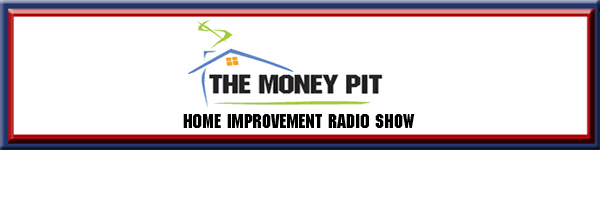
Another win-win synergy: Reciprocal excerpting, with attribution
Translation: Each station gives blanket permission for the other to grab, from the air, whatever it wants, crediting the originating partner.
— There will be times when someone from the radio station is on-scene; or when radio scores a newsworthy interview that TV can use the audio of. More often, thinner-staffed radio will use TV sound more than vice-versa.
— When I programmed WTOP, Washington, WUSA9 let us help ourselves to their newscast audio (“And the mayor told Channel 9…”). Each day, our desk and theirs compared assignments, and we recorded every WUSA newscast.
— True story: The news director from NBC4 came to my office and said, “You can use OUR sound, and you don’t even have to say ‘Channel 4!’ Just STOP saying ‘Channel 9.’”
— It was a flattering offer, but we remained loyal to WUSA, the once-upon-a-time WTOP-TV. Decades later we were still getting mail addressed to “WTOP-TV.” And both stations being CBS affiliates contributed to the lingering impression that we were siblings, so the confusion was actually useful. Does your radio station have a long-lost TV brother?
Radio takes TV where it otherwise can’t go: in-car
Note how aggressively TV stations are programming their apps and websites. They want to be a news brand, not just a news station.
— A smart TV station should want to give radio a ROSR (Reporter On-Scene Report) during the day (when radio audience is high and TV audience is low), because doing so serves to promote the upcoming evening TV newscast.
— WARNING, based on experience: This can be a tough sell to over-protective TV news directors, who may fret that by going-live on radio they’re alerting other TV stations to the story. Stinkin’ thinkin.’ Other TV stations could show up anyway, and they wouldn’t be as-well-known for covering the story as the TV station that’s also already reporting it on radio.
Local TV news is a hungry critter…
…with a limited budget. Which is why some TV stations toss-live to their radio partner’s host: “Gene, what are your callers saying about the congressman’s abrupt resignation?” Arrangements like this were commonplace even decades ago, when TV had to equip the radio studio with equipment more elaborate than modern day video chat requires.
The calculus is simple
Radio + TV > Radio – TV or TV – Radio
(Radio PLUS television is greater-than Radio MINUS television or television MINUS Radio.)
Even if you’re a music station that doesn’t do much news at all, these opportunities are worth exploring. At least trade spots, because neither station can afford to promote as much as it should.
Holland Cooke (HollandCooke.com) is a consultant working at the intersection of broadcasting and the Internet. He is the author of “Close Like Crazy: Local Direct Leads, Pitches & Specs That Earned the Benjamins” and “Confidential: Negotiation Checklist for Weekend Talk Radio.” Follow HC on Twitter @HollandCooke
Share this with your network
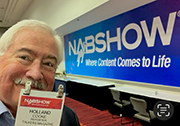 Thank me later for these Blackjack tips, based on many convention years’ experience, sometimes painful:
Thank me later for these Blackjack tips, based on many convention years’ experience, sometimes painful:



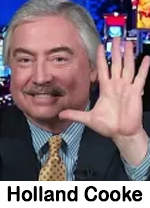 Having written thousands of commercials and promos, I’ve become a copy connoisseur. And, admittedly, a tough grader when it comes to delivery. Sell me and you’re good.
Having written thousands of commercials and promos, I’ve become a copy connoisseur. And, admittedly, a tough grader when it comes to delivery. Sell me and you’re good.
 Pick a day, any day. At least one news item will have the little voice in your head hollering “TELL me you’re kidding!” After recent headlines, and as various plots thicken, that little voice might need a lozenge.
Pick a day, any day. At least one news item will have the little voice in your head hollering “TELL me you’re kidding!” After recent headlines, and as various plots thicken, that little voice might need a lozenge.
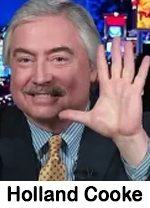 Before the bound copy arrived – at which point all work stopped – Arbitron would send “Advances.” Even those topline numbers ground things to a halt, and had some PDs doing cartwheels, others out on the ledge. ‘Seems quaint now.
Before the bound copy arrived – at which point all work stopped – Arbitron would send “Advances.” Even those topline numbers ground things to a halt, and had some PDs doing cartwheels, others out on the ledge. ‘Seems quaint now.
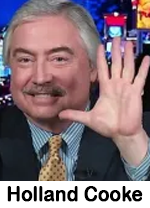 For spring break this year, Sarah and I revisited Sandals Grand Bahamian all-inclusive resort – NOT inexpensive, and very worth it. We’ve already booked same-week-next-year, and we think we know who we’ll see there then.
For spring break this year, Sarah and I revisited Sandals Grand Bahamian all-inclusive resort – NOT inexpensive, and very worth it. We’ve already booked same-week-next-year, and we think we know who we’ll see there then.
 If you’re a news/talk station, don’t assume that you own “news radio” in your market. Imaging is important, but it merely talks-the-talk. You walk-the-walk with local news copy that delivers what solid commercial copy does: benefits. Just doing local news makes you special. But do listeners simply hear a station voice… reading something? Are you merely… accurate? Or do you deliver “take-home pay,” unwrapping the story to tell the listener something useful?
If you’re a news/talk station, don’t assume that you own “news radio” in your market. Imaging is important, but it merely talks-the-talk. You walk-the-walk with local news copy that delivers what solid commercial copy does: benefits. Just doing local news makes you special. But do listeners simply hear a station voice… reading something? Are you merely… accurate? Or do you deliver “take-home pay,” unwrapping the story to tell the listener something useful?
 Now that every single thing is a political argument, the angry social media conversation about Taylor Swift is unsurprising. And with the Super Bowl looming, the decibel level amps-up.
Now that every single thing is a political argument, the angry social media conversation about Taylor Swift is unsurprising. And with the Super Bowl looming, the decibel level amps-up.
 As The Beatles sang, “It’s been a long, cold, lonely winter.” ‘Still is, eh?
As The Beatles sang, “It’s been a long, cold, lonely winter.” ‘Still is, eh?
 Take a day off. You get one free this year.
Take a day off. You get one free this year.
 After 4G enabled Uber and other apps now-common, inventors are flexing 5G. And grab-the-armrest for what 6G and 7G will bring. Just when we’re blasé about Wi-Fi, we are told that Li-Fi will use light to transmit data.
After 4G enabled Uber and other apps now-common, inventors are flexing 5G. And grab-the-armrest for what 6G and 7G will bring. Just when we’re blasé about Wi-Fi, we are told that Li-Fi will use light to transmit data.
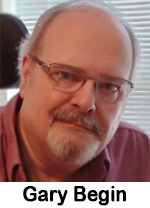 Consultant Gary Begin of Sound Advantage writes in a piece for TALKERS today about why some morning radio shows fail to launch. He offers six reasons for this that can be avoided if management really wants to create a successful program. Reason number one? Because the hosts are just not that good.
Consultant Gary Begin of Sound Advantage writes in a piece for TALKERS today about why some morning radio shows fail to launch. He offers six reasons for this that can be avoided if management really wants to create a successful program. Reason number one? Because the hosts are just not that good.  “Most registered voters avoid the news at least some of the time. Of those who disengage, over half avoid national politics coverage,” according to the “
“Most registered voters avoid the news at least some of the time. Of those who disengage, over half avoid national politics coverage,” according to the “
 News flash: Time cannot be managed. But tasks can.
News flash: Time cannot be managed. But tasks can.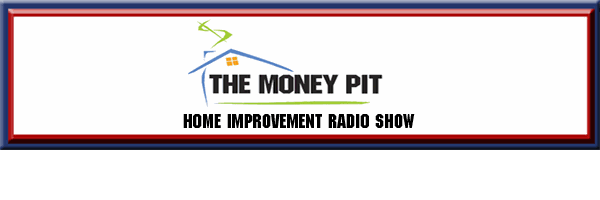
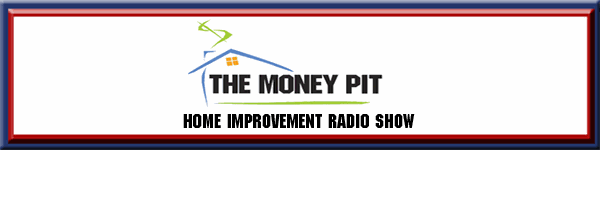
 In
In 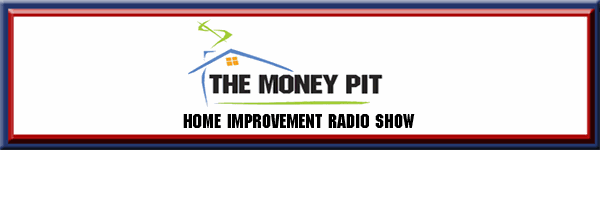
 Here’s actual news copy, from Joe Connolly’s business report one morning on WCBS, NY: “One third of all domestic flights are now late, by an average of one hour.”
Here’s actual news copy, from Joe Connolly’s business report one morning on WCBS, NY: “One third of all domestic flights are now late, by an average of one hour.”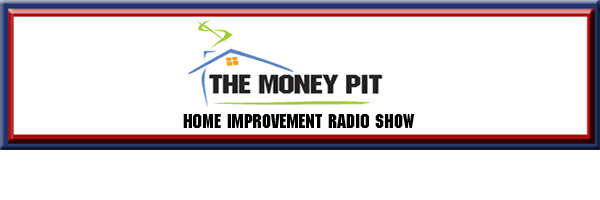
 I am always impressed when I see-and-hear radio and TV stations swapping product.
I am always impressed when I see-and-hear radio and TV stations swapping product.